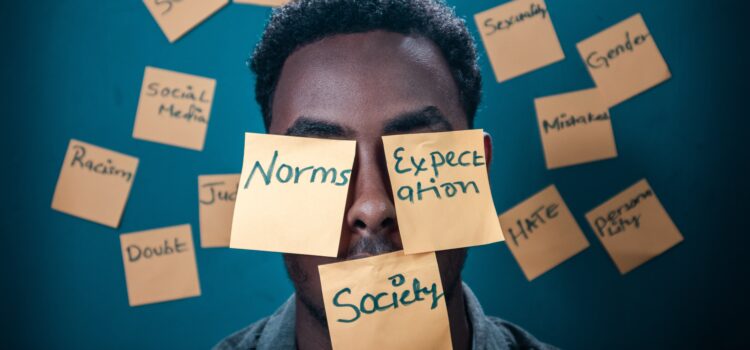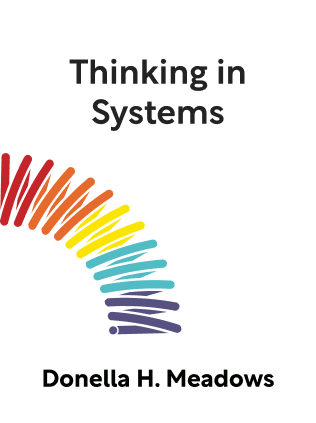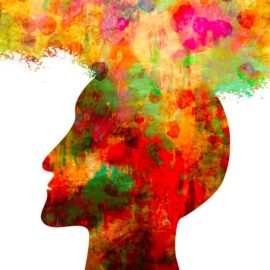

This article is an excerpt from the Shortform summary of "Thinking in Systems" by Donella H. Meadows. Shortform has the world's best summaries of books you should be reading.
Like this article? Sign up for a free trial here .
What are systems in society? How do these systems work and why do we need them?
There are many different systems in society. When societal systems work well, they help us function and be successful. When systems fail, they create more difficult living conditions and dangers.
Read more about systems in society and how they work.
Systems in Society
More generally, systems thinking can be applied at a societal level to improve how people think and behave.
Talk in Systems Terms
The language we use affects our thinking, and how we think affects how we behave. If we use systems terms in our discussions, we can make everyone a better systems thinker.
For example, we use the terms “productivity” and “growth” pervasively. In contrast, we talk much less often about “resiliency,” “feedback loops,” and “self-organization.” You can see how using these terms can make us aware of societal systems, which can in turn guide us to improve the ones we belong to.
Make Information Transparent
Information is vital in making good decisions. Bad system behavior can result with delayed, biased, or hidden information. In contrast, presenting accurate, transparent information can cause magical changes.
The author notes that in the 1980s, a new US law required companies to report their level of pollutions. Reporters then published lists of top local polluters. Within a few years, reported pollution decreased by 40%. This was done, not through stringent penalties or enforcement, but merely by opening access to information.
Information is power. Be aware of who controls the information and how they may mold it to suit their own purposes.
Maintain Moral Standards
We previously learned about the system trap of progressively declining standards, where the standards bar is pegged to recent performance, and so the bar can slip progressively lower.
The author notes that society’s morals are caught in this vicious cycle. Bad behavior might be shocking at first, but it goes unpunished, and over time we become desensitized.
- Elected politicians act immorally, and we aren’t surprised any longer by scandals.
- Pessimism and angry tirades abound in our media. Optimism, idealism, and earnest collaboration are ridiculed.
Instead, we should maintain absolute moral standards and refuse to let them slip. The further our society deviates from these standards, the harder we should push to recover.

———End of Preview———
Like what you just read? Read the rest of the world's best summary of Donella H. Meadows's "Thinking in Systems" at Shortform .
Here's what you'll find in our full Thinking in Systems summary :
- How the world, from bathtub faucets to fish populations, can be seen as simple systems
- The key system traps that hold back progress, such as escalating arms races and policy addiction
- Why seeing the world as systems can give you superpowers in work and life






